# 人工智能英文发音、全名、作文、翻译及介绍
## 一、人工智能英文发音
(人工智能)的英文发音为 [e?] [a?]即“爱”音和“衣”音的连续。这个缩写代表的是“Artificial Intelligence”,在英语中,它常常被简称为“”。
## 二、人工智能英文全名
人工智能的英文全名为“Artificial Intelligence”直译为“人工智慧”或“人造智能”。这个词汇最早由计算机科学家约翰·麦卡锡(John McCarthy)在1956年提出。
## 三、人工智能英文作文
### My Perspective on Artificial Intelligence
Introduction:
Artificial Intelligence () has become an integral part of our lives, revolutionizing various sectors such as healthcare, education, finance, and transportation. In this essay, I will explore the concept of , its benefits, challenges, and its potential impact on the future.
Body:
1. What is Artificial Intelligence?
Artificial Intelligence refers to the simulation of human intelligence in machines that are programmed to think like humans and mimic their actions. The ultimate goal of is to create systems that can perform tasks that would typically require human intelligence, such as visual perception, speech recognition, decision-making, and language translation.
2. Benefits of :
offers numerous benefits. In healthcare, -powered tools can assist doctors in diagnosing diseases and suggesting treatment plans. In education, can personalize learning experiences for students. In finance, algorithms can predict stock market trends and help in making informed investment decisions. In transportation, self-driving cars equipped with can reduce traffic accidents and improve efficiency.
3. Challenges of :
Despite its advantages, also faces several challenges. One major concern is the potential loss of jobs as systems replace human labor. There is also the risk of being used to make biased decisions, as it relies on data that may contn inherent biases. Moreover, ensuring the security and privacy of systems is a significant challenge.
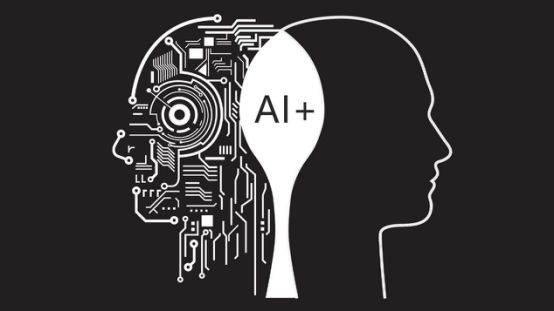
4. The Future of :
The future of is promising. As technology advances, we can expect to become even more sophisticated, capable of performing complex tasks and making autonomous decisions. However, it is crucial to address ethical and social issues associated with to ensure its responsible use.
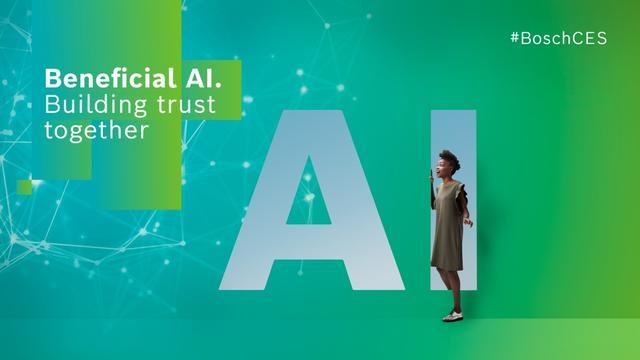
Conclusion:
In conclusion, Artificial Intelligence is a transformative technology with immense potential. While it presents numerous opportunities, it is essential to navigate its challenges and harness its benefits responsibly.
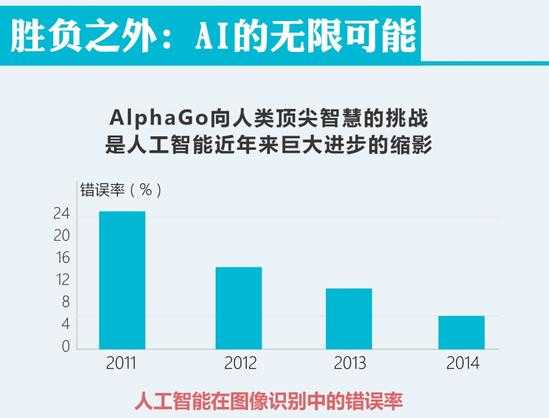
## 四、人工智能英文翻译
1. 人工智能英文翻译为中文: 人工智能
2. Artificial Intelligence英文翻译为中文: 人工智慧或人造智能
## 五、人工智能英文介绍
### Introduction to Artificial Intelligence
What is ?
Artificial Intelligence, or , encompasses a variety of techniques that enable machines to sense, comprehend, act, and learn. It involves the creation of systems that can perform tasks that would normally require human intelligence, such as recognizing patterns, understanding language, and making decisions.
History of :
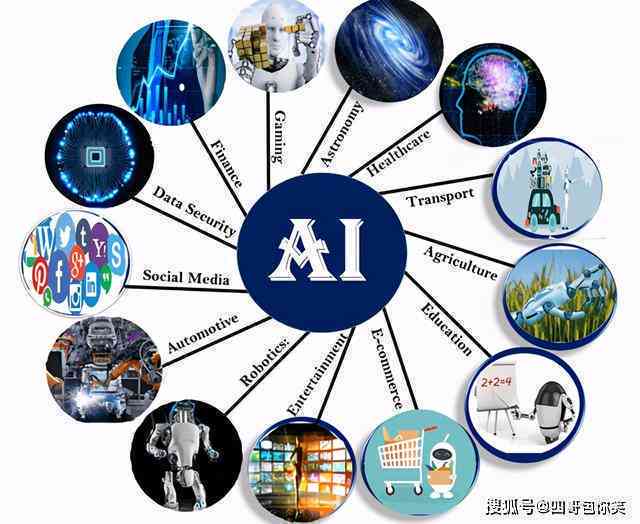
The concept of has been around since the 1950s, but it has evolved significantly over the years. Early research focused on rule-based systems that could solve specific problems. However, the field has seen a major transformation with the advent of machine learning and deep learning, which allow machines to learn from data and improve their performance over time.
Types of :
There are several types of , including:
- Narrow : Also known as weak , this refers to systems designed to perform a narrow task (e.g., facial recognition, internet searches).

- General : This is a more advanced form of that can perform any intellectual task that a human can.
- Superintelligent : This is a hypothetical that possesses intelligence beyond the capability of human beings.
lications of :
has a wide range of lications across various industries. Some of the most notable include:

- Healthcare: can assist in diagnosis, personalized medicine, and drug discovery.
- Finance: algorithms can detect fraud, predict market trends, and automate trading.
- Transportation: Self-driving cars and -powered traffic management systems can improve safety and efficiency.
- Retl: can personalize shopping experiences and optimize inventory management.
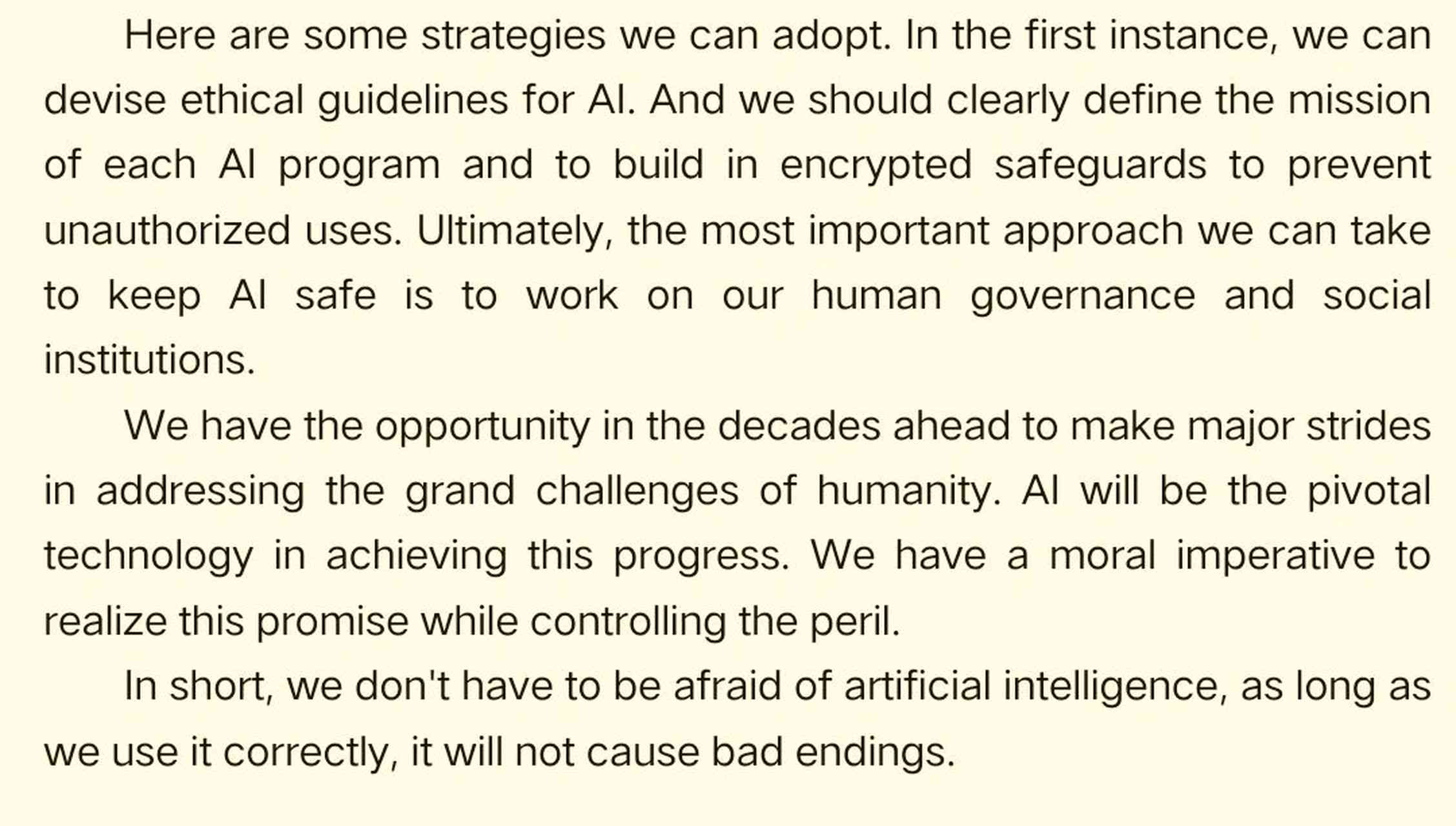
- Education: can provide personalized learning experiences and assist in administrative tasks.
Challenges and Ethical Considerations:
While offers numerous benefits, it also presents several challenges. These include issues related to data privacy, job displacement, bias in systems, and the potential for misuse. Ensuring ethical use of and addressing these challenges is crucial for its sustnable development.
Conclusion:
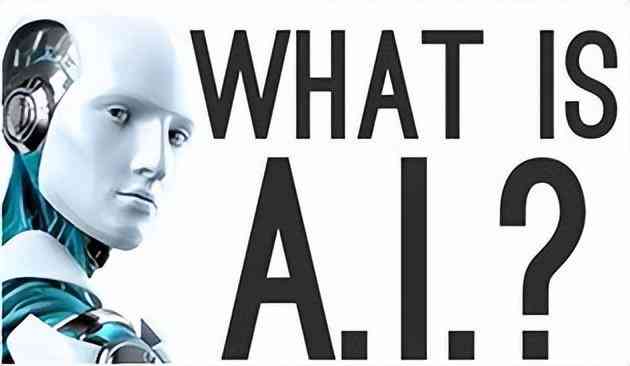
Artificial Intelligence is a rapidly evolving field with vast potential. As we continue to advance technologies, it is essential to consider the ethical implications and ensure that they are developed and deployed responsibly for
-
编辑柚子丨ai人工智能软件写作英文
- ai通丨探索独特创意:美趣AI打造个性化动画风格
- ai通丨论文写作工具软件:推荐与常用软件评测
- ai通丨对AI绘画小程序期待的文案怎么写:探讨用户需求与功能优化策略
- ai学习丨AI应用中字体颜色更改技巧:涵不同平台与工具的详细教程
- ai知识丨如何利用AI轻松调整和修改文字内容,实现字体颜色更改与个性化设置
- ai学习丨ai字体如何改颜色:包括填充颜色、设置透明色及使用快捷键修改方法
- ai学习丨AI写作工具中如何更改字体颜色、字体类型及大小:全面指南与技巧解析
- ai通丨如何修改AI写作内容,更改文字字体颜色而不影响原有文案样式?
- ai知识丨字体修改技巧:ai类写作怎么改字体颜色、字体样式及保持颜色不变的方法
- ai学习丨科大讯飞智能办公本:轻松安装,提升办公效率
- ai知识丨宠物AI助手升级:小狗AI文案短句英文创作全攻略
- ai学习丨小狗变身的一个动画片:名字与狗狗变身动画一览
- ai通丨'揭秘AI写作:如何打造高质量原创文字输出'
- ai学习丨掌握AI辅助写作:全面指南提升创作技巧与效率
- ai学习丨我们如何合理运用AI进行写作的方法与技巧探析
- ai通丨掌握AI技巧:如何高效利用人工智能辅助英语写作
- ai学习丨AI绘画教程:如何绘制一个生动调皮的小孩专注写作业的情景全解析
- ai通丨ai画一个调皮的小孩写作业的软件与介绍
- ai知识丨描绘勤奋学专注完成家庭作业的馨场景
- ai通丨小米相册AI创作功能详解:快速找到并掌握所有AI创作技巧

